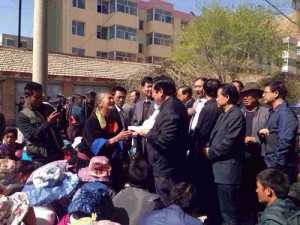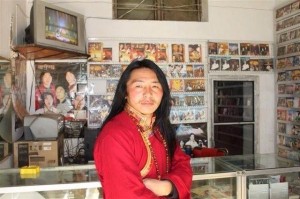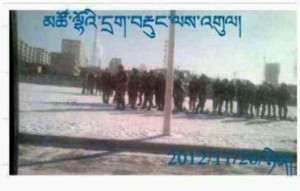
In the People’s Republic of China, a ‘substitute teacher’ is someone who is employed to teach in a primary or middle school but is not on the official payroll and in the vast majority of cases are “high school graduates who did not go to a university or college.[i]
In contrast, their public teacher counterparts or ‘formal teachers’[ii] are expected to have “at least a three year college education” to work as a primary school teacher, while middle school public teachers “should have four years of university education”.[iii] Furthermore, unlike their substitute teacher colleagues, public teachers are on the official payroll.
In regards to rural Tibetan regions, substitute teachers have played a fundamental role in increasing the availability of education. However, despite playing a crucial role in providing education to some of the most disadvantaged regions in Tibet, they have never been granted the same degree of benefits as their public teacher counterparts.


